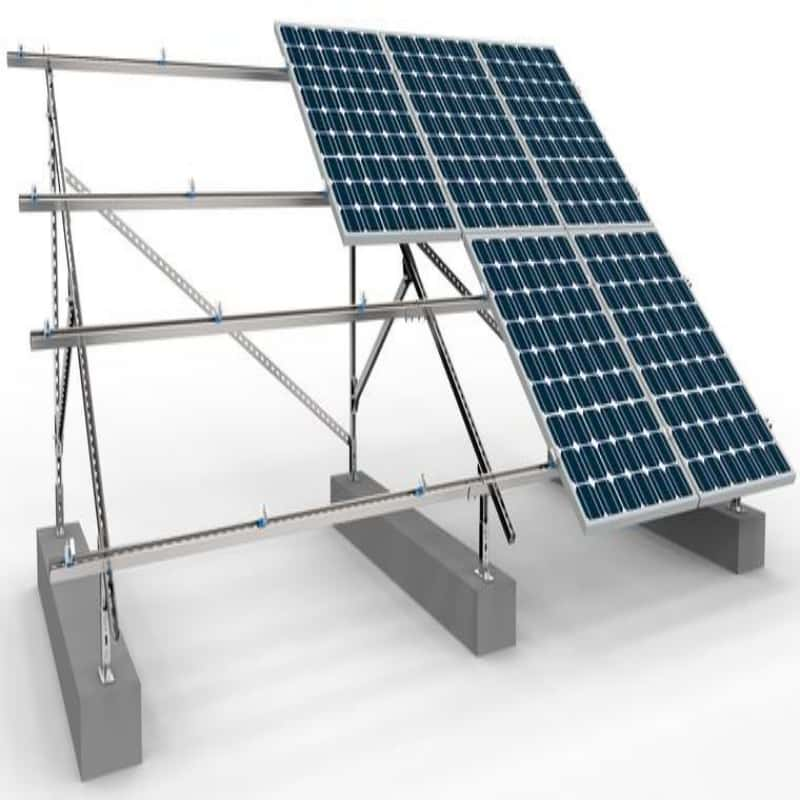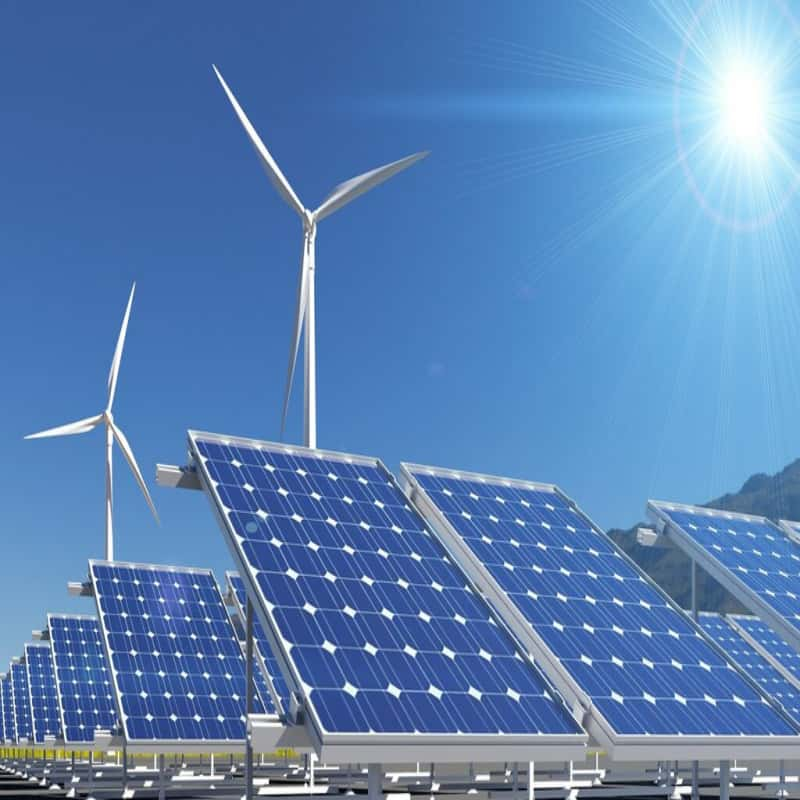1. Flat Terrain
- Suitable Mounting Systems: Fixed-tilt systems, optionally with adjustable angles.
- Key Features: Uniform layouts maximize land use efficiency. Simple construction and cost-effectiveness make them ideal for large-scale centralized installations, such as desert or plain-based solar farms.

2. Mountainous Terrain
- Suitable Mounting Systems: Flexible mounting systems, stepped supports, or sloped structures.
- Key Features: Flexible systems adapt to steep slopes and reduce vegetation obstruction via high-clearance designs, enabling dual land use (e.g., agrivoltaic projects). Traditional stepped supports require reinforced foundations for stability on uneven geology.
3. Hilly Terrain
- Suitable Mounting Systems: Hybrid systems combining flat and sloped configurations.
- Key Features: Balance terrain variations with stability. Optimize panel arrangement while minimizing ecological disruption. Construction complexity falls between flat and mountainous terrains.
4. Rooftop Scenarios
- Suitable Mounting Systems:Key Features: Prioritize structural safety and load capacity. Common in distributed solar projects for factories or urban buildings.
- Flat Roofs: Low-profile or tilt-adjustable racks.
- Sloped Roofs: Fixed mounts aligned with roof pitch, integrating drainage features.

5. Water-Based Scenarios
- Suitable Mounting Systems: Flexible or pontoon-type floating systems.
- Key Features: Flexible systems withstand water fluctuations and use corrosion-resistant materials. Floating designs minimize land use, ideal for aquavoltaic projects (e.g., ponds, reservoirs).
6. Extreme Climates
- Suitable Mounting Systems: Customized solutions (e.g., extreme cold-resistant, sandstorm-proof).
- Key Features: Specialized designs ensure stability in harsh conditions. Examples include Antarctic installations with ultra-low-temperature-resistant supports.
- Core Design Principles: Match terrain-specific requirements to balance efficiency, cost, and environmental adaptability.
- Trends: Flexible mounting systems gain popularity in complex terrains (mountains, water) due to adaptability, space efficiency, and wind resistance.
- Special Scenarios: Custom solutions (e.g., anti-corrosion, extreme climate adaptations) are critical for unique environmental challenges.
- → For all products,services and up to date information,please contact us.
Post time: Apr-08-2025
